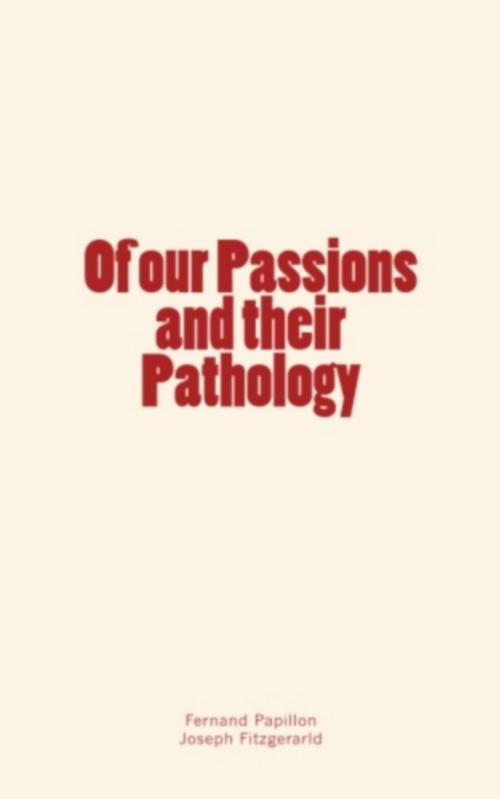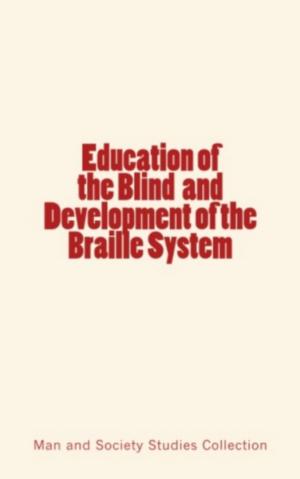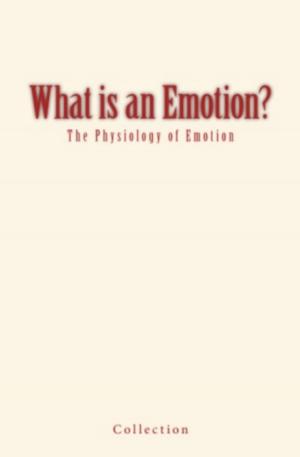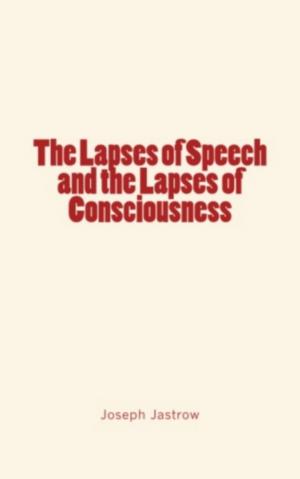Of our passions and their pathology
Nonfiction, Health & Well Being, Psychology, Physiological Psychology, Medical, Medical Science, Physiology, Science & Nature, Science, Biological Sciences, Human Physiology| Author: | Fernand Papillon | ISBN: | 9782366594393 |
| Publisher: | Editions Le Mono | Publication: | February 21, 2017 |
| Imprint: | Editions Le Mono | Language: | English |
| Author: | Fernand Papillon |
| ISBN: | 9782366594393 |
| Publisher: | Editions Le Mono |
| Publication: | February 21, 2017 |
| Imprint: | Editions Le Mono |
| Language: | English |
“Passions are penchants, inclinations, desires and aversions carried to a certain degree of intensity, combined with an indistinct sensation of pleasure or pain, occasioned or accompanied by some irregular movement of the blood and animal spirits, are what we call passions”
According to this definition, passions can be so strong as to inhibit all practice of personal freedom, a state in which the soul is in some sense rendered passive; whence the name passions. This inclination or so-called disposition of the soul, is born of the opinion we hold that a great good or a great evil is contained in an object which in and of itself arouses passion. So that when this inclination is brought into play (and it is present in everything that represents pleasure or pain for us), the soul immediately, as if struck directly by good or evil, unrestrained in its opinion that this object is very important to it, believes it for this reason to be worthy of all its attention; it directs all its faculties to its consideration; forgetting in this contemplation, in this desire or fear nearly all other objects: so it is in the case of a man struck down by an acute illness; he is not at liberty to think about anything unrelated to his pain. It is also in this sense that passions are the diseases of the soul...
This book deals with the cause and the nature of our passions; their physiology and their pathology.
“Passions are penchants, inclinations, desires and aversions carried to a certain degree of intensity, combined with an indistinct sensation of pleasure or pain, occasioned or accompanied by some irregular movement of the blood and animal spirits, are what we call passions”
According to this definition, passions can be so strong as to inhibit all practice of personal freedom, a state in which the soul is in some sense rendered passive; whence the name passions. This inclination or so-called disposition of the soul, is born of the opinion we hold that a great good or a great evil is contained in an object which in and of itself arouses passion. So that when this inclination is brought into play (and it is present in everything that represents pleasure or pain for us), the soul immediately, as if struck directly by good or evil, unrestrained in its opinion that this object is very important to it, believes it for this reason to be worthy of all its attention; it directs all its faculties to its consideration; forgetting in this contemplation, in this desire or fear nearly all other objects: so it is in the case of a man struck down by an acute illness; he is not at liberty to think about anything unrelated to his pain. It is also in this sense that passions are the diseases of the soul...
This book deals with the cause and the nature of our passions; their physiology and their pathology.















